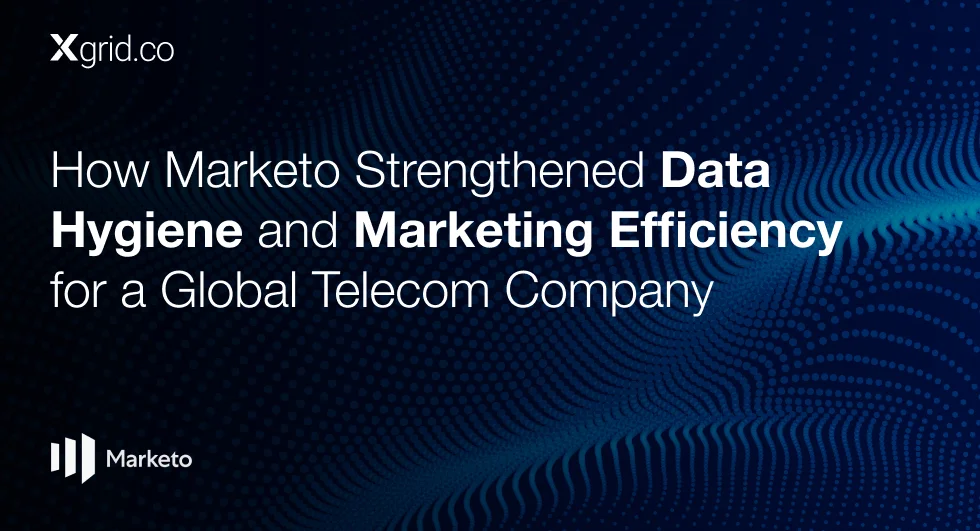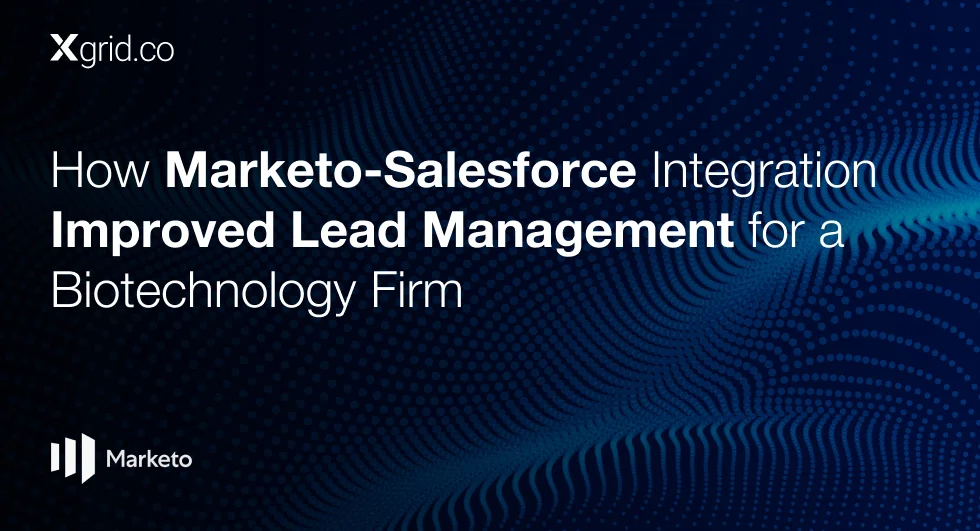The Future of Marketing Automation: Insights from Marketo’s Integration Capabilities
This foundational approach allows companies to use Marketo not just as a standalone tool but as a central hub for their marketing ecosystem.
Integration: The Backbone of Modern Marketing
The role of integration in marketing automation cannot be overstated. Executives today face the challenge of managing various platforms—CRM systems, analytics tools, content management systems, and more—that house vital customer data. Marketo’s strength lies in its ability to connect with these systems, providing a unified platform for managing customer interactions.
“Marketo doesn’t care what your data sits in,” Henley notes. “We can talk to any data source, personalize web pages, or export analytics in native formats.” This flexibility allows businesses to extract maximum value from their existing tools while enhancing their marketing strategies with Marketo’s capabilities.
From Integrations to Unified Platforms
Since its acquisition by Adobe, Marketo has taken its integration capabilities to a new level. Henley describes this evolution as moving from “just integrations” to a more comprehensive platform approach. “Now, it’s not about separate integrations; it’s about using the same tools across the board,” he says.
In practice, this means that companies using Marketo and other Adobe tools can benefit from a seamless experience. For example, businesses can manage email campaigns, real-time engagement, and analytics within a single interface. This significantly simplifies the marketing process and ensures consistency across marketing channels.
Companies can effectively position themselves as a Marketo agency that maximizes the potential of integrated marketing strategies.
The Shift Toward Modular Technologies
One of the trends Henley identifies is the growing demand for modular technologies—platforms that allow companies to “plug and play” different tools based on their needs. Marketo is designed with this flexibility in mind, enabling businesses to integrate various marketing technologies and data sources without needing to overhaul their entire system.
For instance, Henley mentions a recent conversation with a partner supplying solutions to both Marketo and other marketing tools like Adobe Campaign. “They can deliver the same functionality to multiple platforms, enabling companies to reuse their assets across different tools,” he explains. This modularity is key to the future of marketing automation, as companies increasingly look for solutions that can adapt to their specific requirements.
Real-Time Engagement Through Integration
Marketo’s integration capabilities extend beyond data syncing and cross-platform functionality. One of its standout features is the ability to facilitate real-time engagement, adapting to customers’ behaviors and needs as they happen. “We’re moving towards a more real-time engagement model,” Henley says.
This approach allows companies to interact with customers based on current events, behaviors, or location, delivering relevant content in the moment.
Consider the scenario of a sports brand wanting to engage with fans during a live event. With Marketo, they can integrate with social media platforms, event apps, and even geolocation services to send tailored messages and offers in real-time. This level of dynamic engagement was “unthinkable a few years ago,” Henley points out, but it is now a reality thanks to Marketo’s integration capabilities.
Cross-Channel Consistency: Building Cohesive Campaigns
Marketo’s integrated platform allows for consistent messaging across multiple channels—a crucial aspect of modern marketing. Henley illustrates this point by highlighting how companies can use Marketo to engage with customers through various touchpoints like email, SMS, in-app messaging, and even in-person events.
“If I’m designing an email template in Marketo, it can be used across all our tools,” Henley states. “The routing could go out through any platform, depending on what makes sense at that moment.” This cross-channel consistency is vital for companies looking to build a cohesive customer journey, ensuring that interactions are aligned with the overall brand experience.
Data Integration: Fueling Insights and Automation
At the core of Marketo’s integration capabilities is data—the fuel that powers personalized marketing and automation. Henley emphasizes that Marketo allows companies to “plug into multiple data sources,” including CRM systems, live feeds, transactional data, and more.
This comprehensive data integration provides businesses with the insights needed to tailor their marketing strategies and engage customers effectively.
For example, in financial services, companies often deal with complex customer journeys that involve numerous interactions and data points. By integrating CRM systems, analytics platforms, and marketing tools through Marketo, businesses can create a unified view of each customer. This enables more accurate segmentation, personalized messaging, and targeted campaigns, driving better outcomes.
Integration: A Gateway to Future-Proofing Marketing Strategies
Henley believes that the future of marketing automation will involve even more interconnected technologies. “We’re seeing convergence,” he says, “where tools traditionally considered separate are now appearing everywhere in a unified manner.”
Marketo’s robust integration capabilities position it as a key player in this convergence, enabling businesses to adapt to changing market demands and customer expectations.
As companies continue to seek marketing solutions that provide both flexibility and a holistic view of their customer journey, Marketo’s integrated platform offers a blueprint for the future. By facilitating real-time engagement, cross-channel consistency, and data-driven insights, Marketo helps businesses not only keep pace with industry trends but also stay ahead of them.
This adaptability makes it essential for companies to consider partnering with a Marketo agency to ensure they leverage the platform effectively and remain competitive in the ever-evolving marketing landscape.
Downloads
Article (PDF-276 KB)MOST POPULAR INSIGHTS
- How Marketo Strengthened Data Hygiene and Marketing Efficiency for a Global Telecom Company
- How Marketo-Salesforce Integration Improved Lead Management for a Biotechnology Firm
- How a Tech Company Used Marketo to Refine ABM Strategies for Sales Engagement
- How Marketo Campaigns Were Streamlined with Templates and Tokens
- How Marketo Solidified Marketing Insights with Custom Attribution Models
Related Articles
Related Articles

Established in 2012, Xgrid has a history of delivering a wide range of intelligent and secure cloud infrastructure, user interface and user experience solutions. Our strength lies in our team and its ability to deliver end-to-end solutions using cutting edge technologies.
OFFICE ADDRESS
US Address:
Plug and Play Tech Center, 440 N Wolfe Rd, Sunnyvale, CA 94085
Pakistan Address:
Xgrid Solutions (Private) Limited, Bldg 96, GCC-11, Civic Center, Gulberg Greens, Islamabad
Xgrid Solutions (Pvt) Ltd, Daftarkhwan (One), Building #254/1, Sector G, Phase 5, DHA, Lahore




